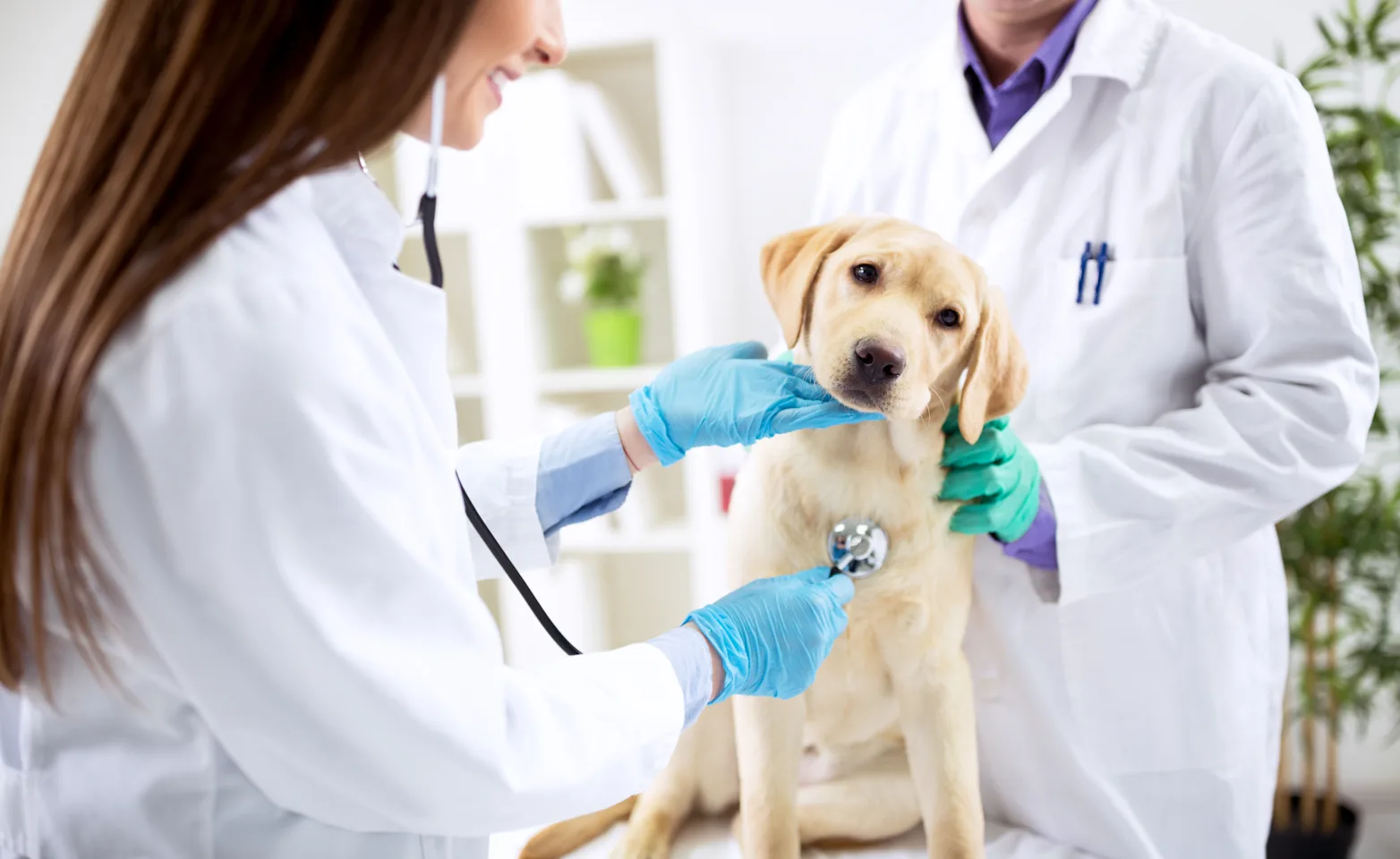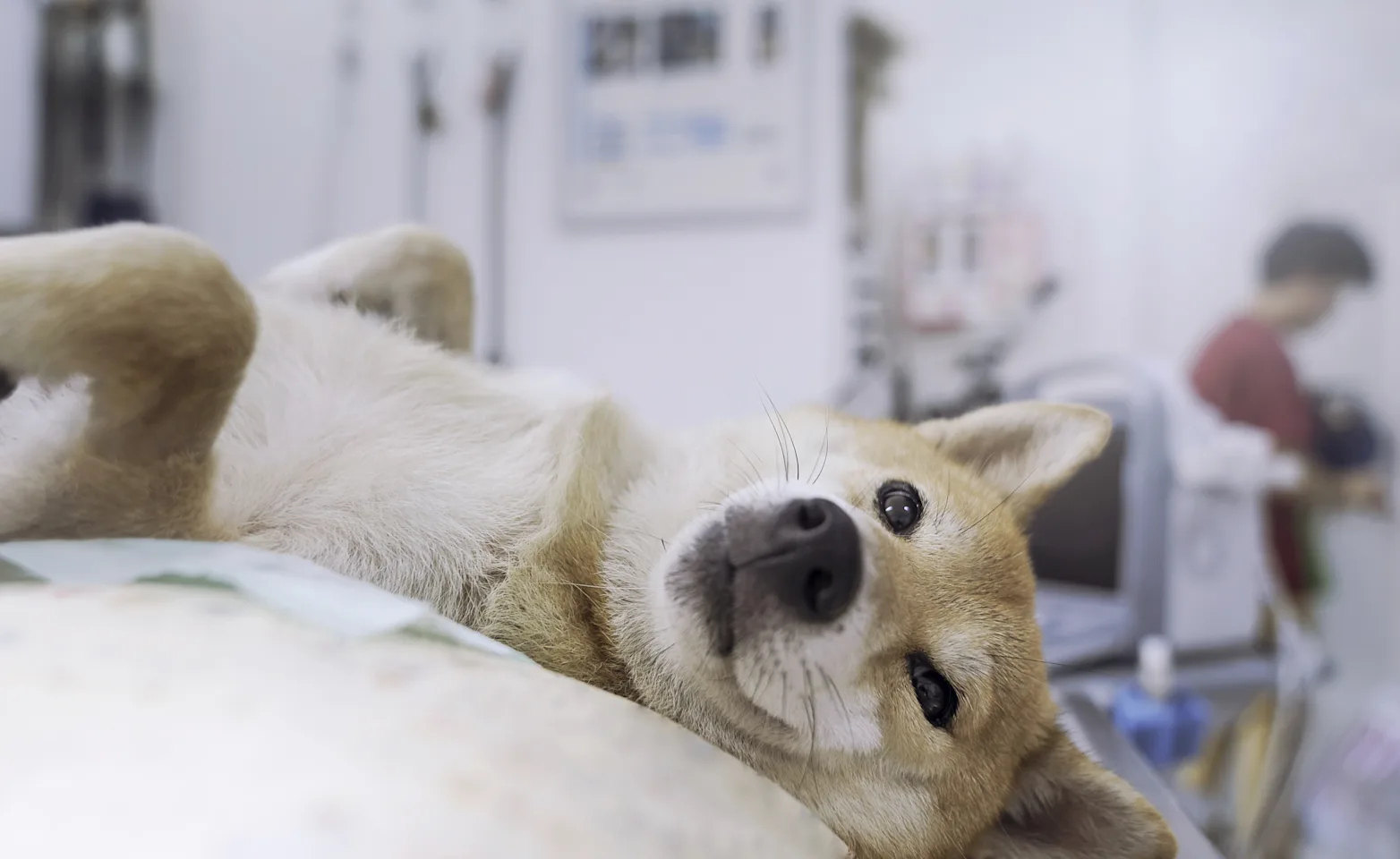Asheville Veterinary Associates
For after-hours emergency care, please call:
MedVet Asheville
677 Brevard Rd
Asheville NC 28803
Western Carolina Regional Animal Hospital
205 N. Highland Lake Rd.
Flat Rock, NC 28731
Veterinary Emergency Group
1856 Hendersonville Rd
Suite F
Asheville NC 28803
828-470-7802

Emergency Services
Making the choice to become a veterinarian and enter into a profession defined by serving the health needs of companion animals comes with many responsibilities. Most notably, it demands that our clients' pets receive the medical care they need, when they need it.
At Asheville Veterinary Associates, we understand that emergencies can happen at any hour and when they do, our clients rely on us to be available and ensure that their pets receive timely emergency care.
During our regular office hours, Asheville Veterinary Associates is fully prepared to handle any medical emergency your pet may encounter. Our experienced staff is supported by a range of diagnostic and medical resources that can be used to provide high quality and timely care as well as to administer the ABCs of basic life support – Airway, Breathing, and Circulation.

When to Seek Emergency Veterinary Care
The easiest answer as to whether you should seek emergency care for a pet is when you feel his or her medical condition is serious and cannot wait.
However, the following general situations should help you determine if you need to seek out emergency care for your pet:
Difficulty breathing
Acute abdominal swelling
Electric shock
Excessive vomiting or diarrhea
Cuts, lacerations or bite wounds
Abnormal bleeding
Exhibits symptoms of heat stroke or hypothermia
Seizures
Collapse
Snake bites
High or low temperature (more than 104 or less than 100 degrees)
Unable to urinate or defecate
